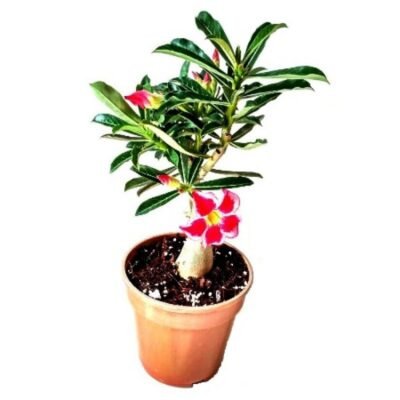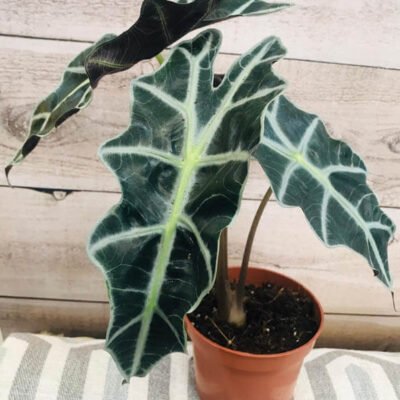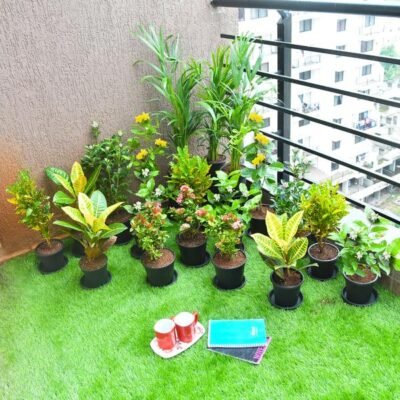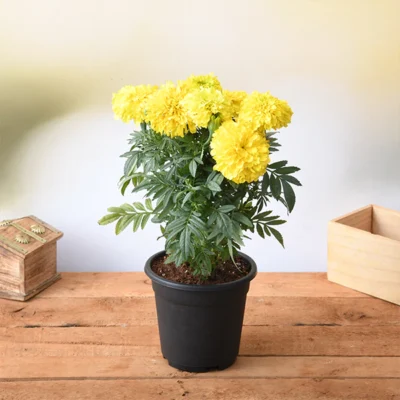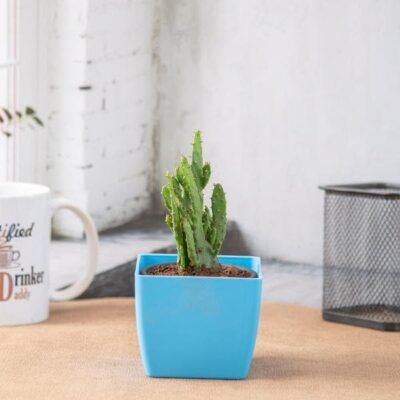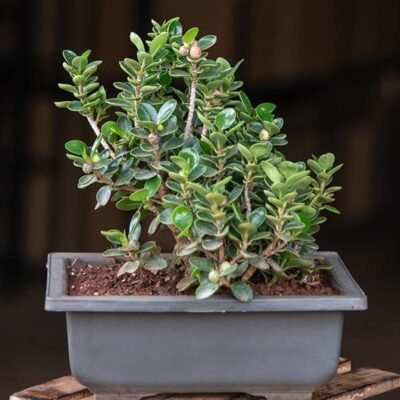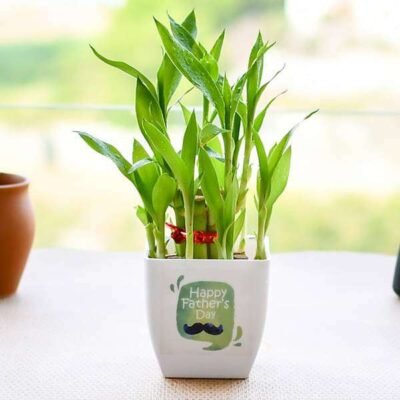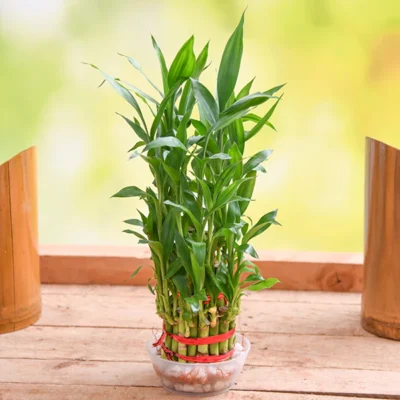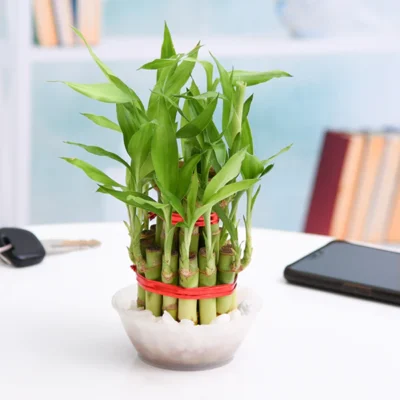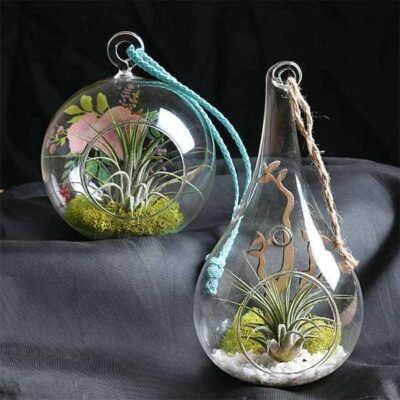You are Here:
Home / Plants / Flowering Plants / Gerbera Plants
Gerbera Plants
[cat_short_description]
Filter by Price
Categories
This Week’s Top Rated
-
 Adenium Baby Pink (Grafted) - Adenium obesum, Desert Rose Plant
Rated 4.50 out of 5
Adenium Baby Pink (Grafted) - Adenium obesum, Desert Rose Plant
Rated 4.50 out of 5₹589.00₹500.00 -
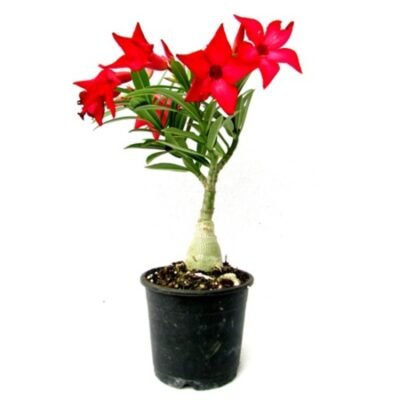 Adenium Red (Grafted) - Adenium Serene Rose, Adenium Obesum, Desert Rose Plant
Rated 3.00 out of 5
Adenium Red (Grafted) - Adenium Serene Rose, Adenium Obesum, Desert Rose Plant
Rated 3.00 out of 5₹429.00₹400.00 -
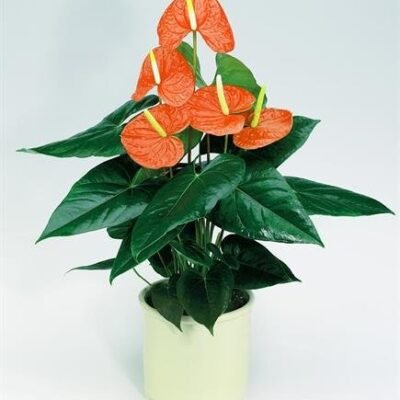 Anthurium Orange - Flamingo Flower, Laceleaf, Tailflower Plant
Rated 0 out of 5₹1,119.00
Anthurium Orange - Flamingo Flower, Laceleaf, Tailflower Plant
Rated 0 out of 5₹1,119.00
Showing all 5 results
-
 Add to cart
Add to cart - Approximately six hours of sunlight per day.
- After a good irrigation, wait before watering once again.
- Gerbera flower cultivation requires somewhat sandy and well-drained soil.
- Comfortable temperatures range from 55 to 75 F (13 to 24 C).
- Every two weeks when in bloom, feed with a balanced liquid fertilizer.
Quick View -
 Add to cart
Add to cart - Six hours of sunlight each day.
- Wait its top to dry out before watering again after a thorough irrigation.
- Growing gerbera flowers demands a well-drained soil.
- The ideal temperature is between 55F and 75F.
- When in bloom, fertilize every two weeks with a balanced liquid fertilizer.
Quick View -
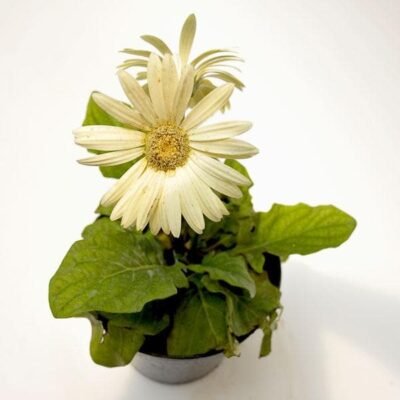 Add to cart
Add to cart - Approximately six hours of sunlight per day.
- After a good irrigation, wait an inch of top soil to dry before watering once again.
- Gerbera flower cultivation requires somewhat sandy and well-drained soil.
- Comfortable temperatures range from 55F to 75F.
- Every two weeks when in bloom, feed with a balanced liquid fertilizer.
Quick View -
 Add to cart
Add to cart - Six hours or so of sunlight each day.
- Water well, then wait one inch before watering again.
- The optimum soil for growing Gerbera flowers is somewhat sandy, well-drained soil.
- 55-75 F/13-24 C is a comfortable temperature.
- While in bloom, feed every two weeks with a balanced liquid fertilizer.
Quick View -
 Add to cart
Add to cart - Partial sunlight needed
- Moderate watering
- Loamy soil required
- Temperature of 20 to 30 degree C.
- Apply balanced liquid fertilizer.
Quick View
Read more about
Gerbera Plants
[cat_description]



